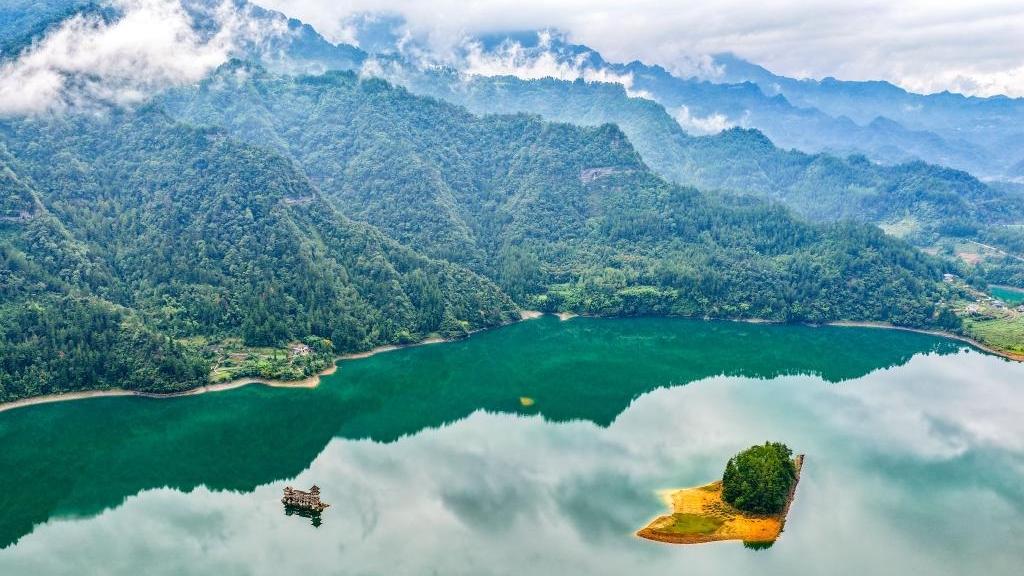India's Kerala reports 6th Primary Amoebic Meningoencephalitis death
NEW DELHI, Sept. 11 (Xinhua) -- A 49-year-old man died Thursday due to Primary Amoebic Meningoencephalitis (PAM), commonly known as brain fever, at a hospital in the southern Indian state of Kerala, officials said.
The man died while undergoing treatment at the Kozhikode Medical College Hospital in Kozhikode district.
Since Aug. 14, five people in the state have died from the rare but deadly infection affecting the brain, and Thursday's fatality has raised the death toll to six.
PAM is a rare but highly fatal brain infection caused by free-living amoebae found in contaminated water. The infection is caused by the amoeba Naegleria fowleri, which thrives in warm, stagnant freshwater such as ponds and lakes.
Doctors say the infection occurs when contaminated water enters the nose, allowing the amoeba to reach the brain. Although infection occurs very rarely, it almost inevitably results in death, with a mortality rate of 95-98 percent.
Meanwhile, the local government has launched a campaign to clean and chlorinate public wells and water sources.
Photos
Related Stories
- 1 killed, over a dozen hospitalized following toxic gas leak in India
- India's Punjab grapples with severe flooding
- India's top court modifies directive regarding removal of stray dogs from Delhi, outskirts
- Rains wreak havoc in India's Mumbai, red alert issued
- Several schools in India's capital receive bomb threats
- 5 killed, 4 injured as vehicle hits power lines in India's Hyderabad
Copyright © 2025 People's Daily Online. All Rights Reserved.









